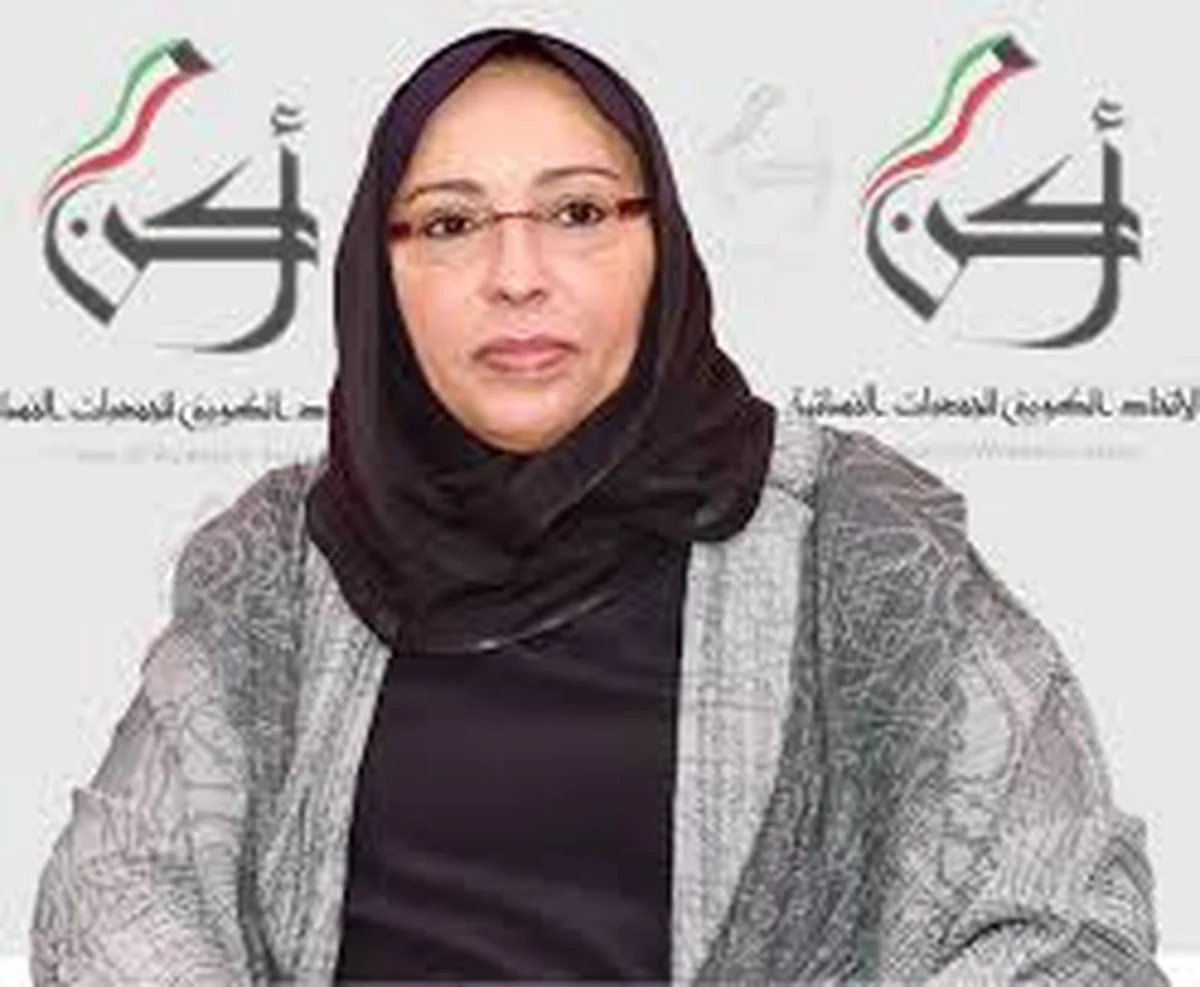03/12/2024
03/12/2024

KUWAIT CITY, Dec 3: The Chairperson of the Kuwait Federation of Women's Societies, Sheikha Fadia Saad Al-Abdullah Al-Salem Al-Sabah, affirmed that Kuwait is one of the earliest countries to implement a special law ensuring the rights of people with disabilities. The country has also established special schools for them and provides appropriate care, recognizing both their rights and their potential, Sheikha Fadia emphasized.
In her speech at the opening of the closed regional consultative session for the Middle East and North Africa (MENA) region, organized by the Federation on Tuesday under the theme "Women and Disability," Sheikha Fadia highlighted the importance of local, regional, and international cooperation to support this vital community. She also praised Kuwait’s welcoming environment, which has enabled experts from numerous countries to discuss issues related to people with disabilities.
Sheikha Fadia stressed the crucial role of civil society in raising awareness about the rights of people with disabilities and assessing existing barriers to the implementation of both international and national legal frameworks. She also discussed Kuwait’s efforts to integrate people with disabilities into society by enabling them to be productive, active members of the workforce. These efforts aim to ensure that people with disabilities can lead fulfilling lives, access their civil and political rights equally, and work without discrimination.
Dr. Heba Hegras, the United Nations Special Rapporteur on the Rights of Persons with Disabilities, congratulated Kuwait for its leadership on the international stage in both regional and global arenas. Dr. Hegras expressed her pleasure at being a key speaker for the consultative session, sharing her insights on the mandate of the UN Special Rapporteur and the importance of engaging with this office. She emphasized the need to support women and girls with disabilities in accessing their health, reproductive rights, and the necessary tools for independent living, in alignment with the provisions of the International Convention on the Rights of Persons with Disabilities.
Disability expert Adel Al-Qallaf also spoke at the session, explaining that the goal of the event was to create a platform for governments, civil society, persons with disabilities, and regional organizations to discuss challenges, share best practices, and collaborate on solutions. Al-Qallaf noted that the session aimed to raise awareness about the Convention on the Rights of Persons with Disabilities and the role of UN Special Procedures in addressing human rights issues in participating countries. He also mentioned that the session would identify and address legal, social, and institutional barriers to full inclusion of people with disabilities in the MENA region, share success stories, and propose region-specific recommendations and action plans.
He emphasized the need for enhanced regional cooperation among governments, civil society, disability rights organizations, and international stakeholders. Al-Qallaf also called on NGOs and human rights defenders to urge regional governments to embrace special procedures, monitor challenges, and combat violence and discrimination faced by women with disabilities.
Dr. Hela Al-Makimi, Head of the Department of Political Science at Kuwait University and Vice President of the Kuwait Union of Women's Societies, presented a field study on the role of Kuwaiti legislation in empowering women with disabilities. Dr. Al-Makimi's study, published in an international journal, examined the impact of national legislation and collaborative efforts between the Kuwait Union of Women's Societies and various public benefit organizations to reach individuals with disabilities.
She noted that Kuwaiti women’s rights are enshrined in the country’s constitution, which guarantees equality and justice for all genders. Furthermore, Kuwait’s ratification of international agreements has ensured the recognition of women’s rights in the country.


